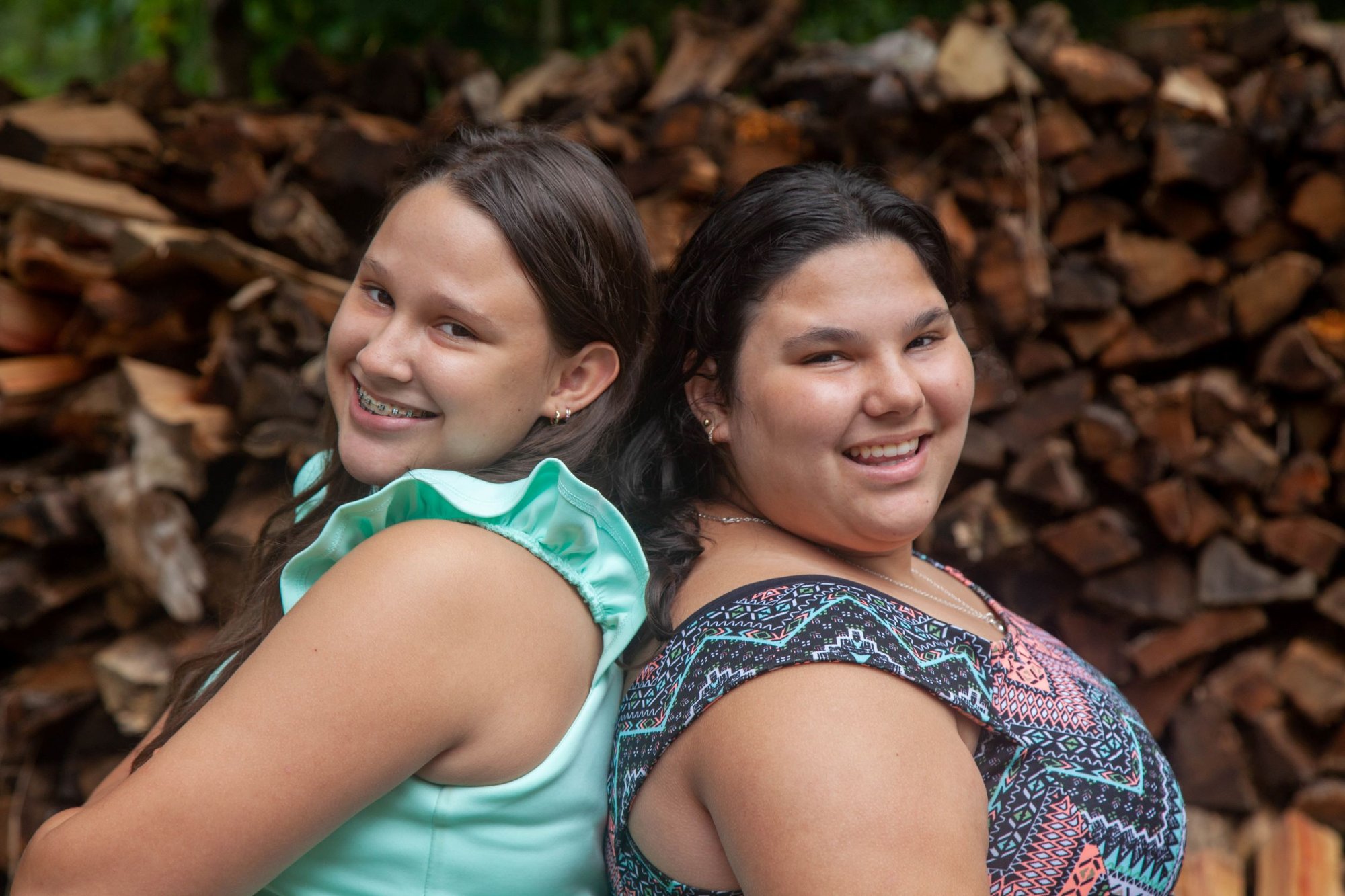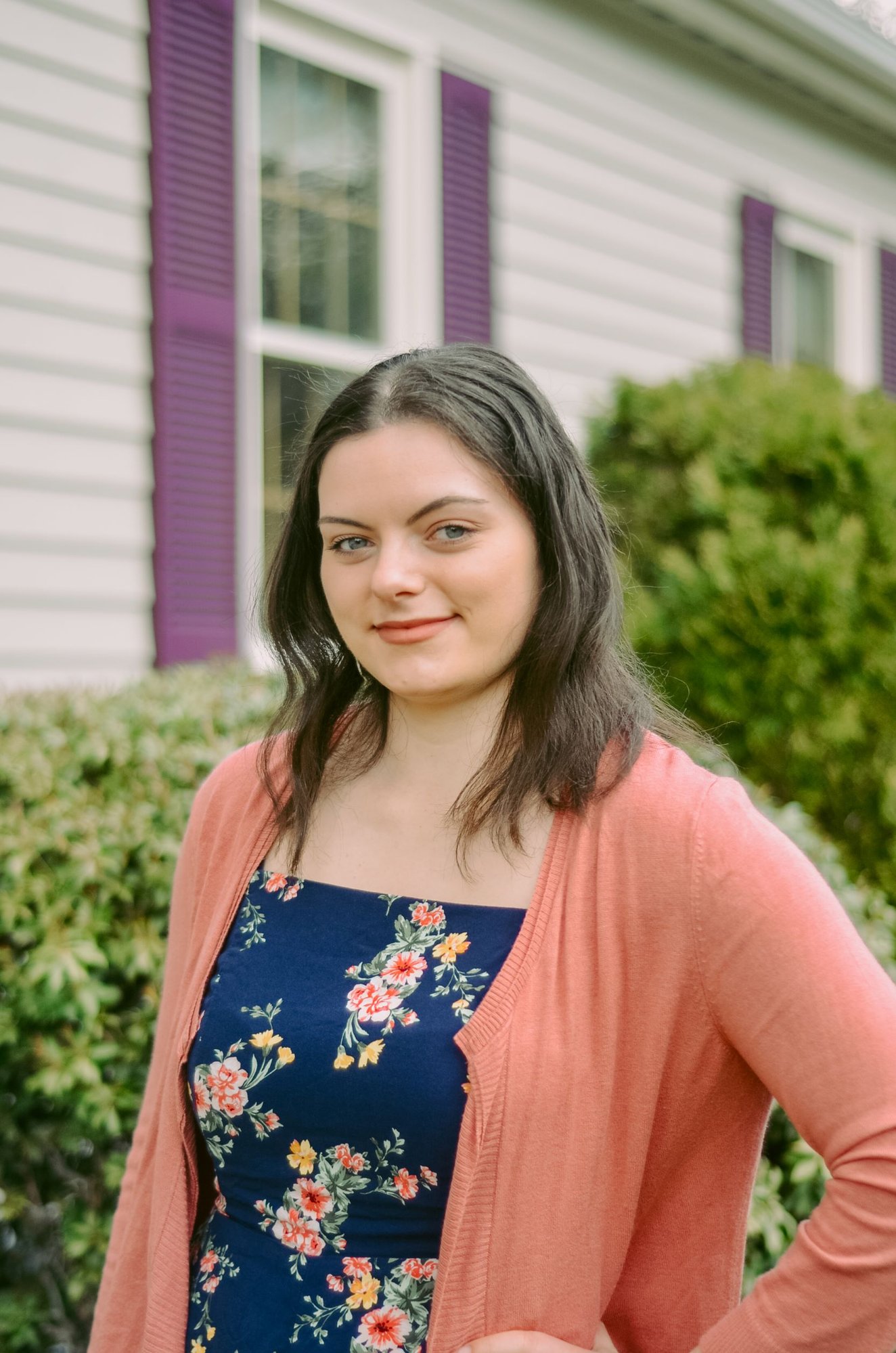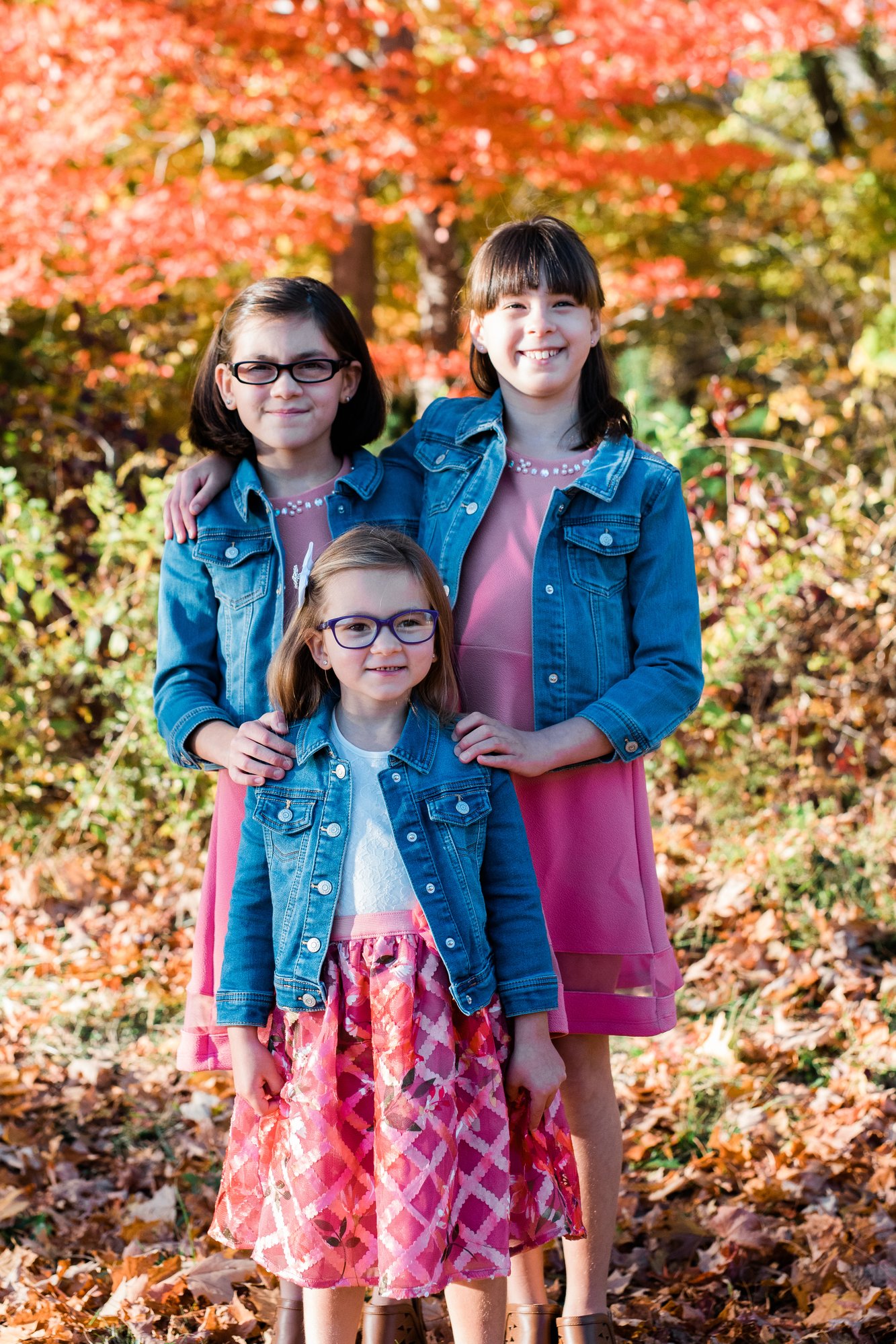Who Are The Children
Learn more about the children and teens that we serve.

About the Youth
We are privileged to work on behalf of children and teens in the Massachusetts foster care system awaiting adoption.
We believe that children belong in their biological families whenever possible. When this is not an option, we help youth in need of permanency find an adoptive family that is just right for them.
We exist specifically to find homes for those children and teens who wait the longest for adoption.
Children Who Wait the Longest

Teens
For youth in foster care, every year after their 10th birthday lowers their chance of finding a forever family.
Approximately 25,000 teens age out of foster care each year without a permanent family. Of those 25,000, nearly 50% will experience homelessness and will be more likely to experience unemployment, unplanned pregnancy, legal system involvement, and substance abuse.
Teens in foster care are far more than just statistics. Each one has their own unique voice, perspective, passions, and interests.
Read Heather's story of being adopted as a teen, and the difference her family made in her life.
Children of Color
Children of Color are more likely to enter foster care and wait longer for adoptive homes.
Children of color have historically been over-represented in foster care, due to the effects of systemic racism. In recent years, children of color have represented over 55% of those registered with MARE, while simultaneously representing only 20% of all children in Massachusetts.
At MARE, we’re committed to placing children of color with parents who will advocate for their positive racial and cultural identity and provide ongoing opportunities to maintain their connection to their own culture.
%20-%20submitted%20image.jpg?width=1000&height=1500&name=Gidwaney%20family%20(portrait)%20-%20submitted%20image.jpg)

Siblings
Siblings are often tragically separated from one another in the foster care system.
Sibling connections are incredibly vital for the mental health and sense of community for kids in foster care. However, the reality is that a majority of children don’t get the chance to stay with their siblings in foster and adoptive homes. In fact, it’s estimated that over 70% of children are tragically separated from at least one of their siblings while in care.
Despite the urgent need for families to adopt sibling groups, there are few families who are willing or able to take them in together. We strongly believe in keeping siblings together and maintaining their critical bonds to one another.
When we enter foster care, we lose everything…our moms, our dads, where we lived. Everything is just so unfamiliar. To have your sibling there is what you need in order to move on, or to move forward in life, in foster care.
Noy
adoptee (AdoptUSKids)
LGBTQ+ Youth
LGBTQ+ Youth Incredibly Overrepresented in Foster Care
LGBTQ+ youth currently make up about 34% of the foster care population and only 5% of the general population. In many cases, LGBTQ+ youth enter foster care because their families reject, neglect, or abuse them when they learn that they identify as LGBTQ+.
Every child deserves a permanent family who will love and support them unconditionally. For families considering adopting an LGBTQ+ youth, that sense of affirmation and openness is truly what matters. You don’t need to have specific qualifications, and you don’t need to identify as LGBTQ+ yourself to be a good parent to a child who does identify as part of the community. You just need to be committed to helping your child grow into a strong, confident, and successful adult.


Children with Disabilities
Children and Youth with Disabilities Wait Far Longer for Adoptive Homes
Children with disabilities and complex needs currently comprise about 24% of all children in foster care in the United States. These children are among the most vulnerable children in our society and often wait significantly longer for permanent adoptive homes than their peers.
On average, children registered with MARE who have physical, emotional, or intellectual needs wait about one year longer than their peers to find an adoptive family.
These children and teens are far more than the stereotypes and misconceptions that exist about them. They simply need families who are courageous enough to look past the misconceptions and see them as the wonderful individuals that they are. No matter their needs, these kids thrive with rich, meaningful connections to those around them – just like any other child.
Read stories of families who adopted children with disabilities or complex medical needs.
.png?width=600&name=henny-cutout-(green).png)
WE BELIEVE
EVERY CHILD DESERVES A PERMANENT FAMILY
Despite the countless misconceptions that exist about children and teens in foster care, there’s one thing that will always remain true: you never outgrow the need for a permanent family. These amazing youth deserve the sense of belonging, stability, and love that families provide.
